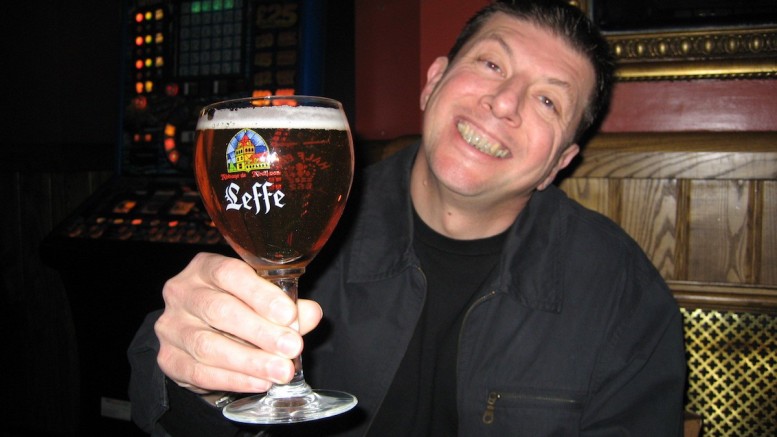On April 1, a class-action complaint was filed by Dr. Henry Vazquez against Anheuser-Busch Companies in United States District Court, Southern District of Florida. The suit alleges that the company’s Leffe beer hasn’t been brewed by monks since the days of Marie Antoinette. The 51-page court document states:
In reality, Leffe Beer has not been brewed at the Abbey of Leffe since the Abbey
was destroyed during the French Revolution. Instead, Leffe Beer is mass-produced at the Stella
Artois Brewery industrial complex, not crafted in an abbey by monks with centuries of skill at the
craft. In fact, the beer is produced with little human involvement because the Stella Artois Brewery
is fully automated.
This is the second deceptive-labeling class action to be filed this year against a major beer company, the fourth since 2013, and the third filed against AB InBev in Miami. Joaquin Lorenzo sued MillerCoors in February, alleging Coors brands aren’t brewed with “pure Rocky Mountain spring water.”
Like the others, the plaintiffs in the Leffe case accuse the company of deceiving consumers of where the beer truly comes from.
Why are so many deceptive label lawsuits filed in Miami when the major brewers aren’t even headquartered here? It turns out there may be several reasons.
Wed., May. 4, 7:30pm Sat., May. 7, 7:00pm
Ross Appel, an attorney with Komlossy Law in Hollywood, Florida, and provider of counsel to craft brewers, believes it might have something to do with the success of the previous class actions, two of which — involving AB InBev’s Kirin and Beck’s brands — were settled for basically the price of no more than a few cases of beer. However, attorneys handling the cases and class representatives tend to make out a little better.
“My guess is that a couple of cases have resulted in large sum settlements, so it seems that these consumers and their attorneys see this as a favorable forum with at least a track record of some success,” Appel says.
According to Coral Gables attorney Ervin Gonzalez, it could simply be that large cities such as Miami tend to have a higher concentration of savvy consumers and attorneys who are proficient in handling class actions. Gonzalez is representing Vazquez in the Leffe case.
Deceptive-beer-label lawsuits are popping up elsewhere besides Miami. A New York man sued MillerCoors for its Fosters brand in December 2015. In the same month, a Massachusetts plaintiff sued Guinness‘ parent company, Diageo, claiming the beer isn’t brewed in Ireland.
“I think any large urban environment where you have a sophisticated population and care about truth in advertising, you’re going to have a heightened level of litigation over these types of issues,” Gonzalez says. “In the big cities, you’ll see a lot more class actions because lawyers understand the rules of procedure and they can navigate those waters well.”
One group of attorneys that’s been getting some experience in the beer label arena is Miami’s Kozyak Tropin Throckmorton (KTT). The firm represented plaintiffs in the Kirin and Beck’s cases. KTT handles mostly commercial litigation that involves banks, although the beer label cases were a little “off the beaten path,” says KTT attorney Thomas Tucker Ronzetti.
All four Miami lawsuits center on customer deception; however, Ronzetti says each case should be examined according to its own merits. For example, even though Kirin beer had its true origin printed on the container itself, he argued that customers weren’t able to know this because the individual beers came bundled in cases and the cases contained no information about the beer’s origin.
He says the Fosters case might be a little harder to prove deception because the beers are typically sold in single, 32-ounce cans with brewing origin information displayed, albeit it in fine print. Ronzetti says consumers shouldn’t pay the premium price for beer that’s not imported.
New Times reached out to AB InBev. Even after getting hit with a third class action, the company stands by its labels. Through Lacey Drucker, a company spokeswoman, AB InBev simply said, “We believe our labels are accurate and have no current plans to make any changes.”
Source: www.miaminewtimes.com




